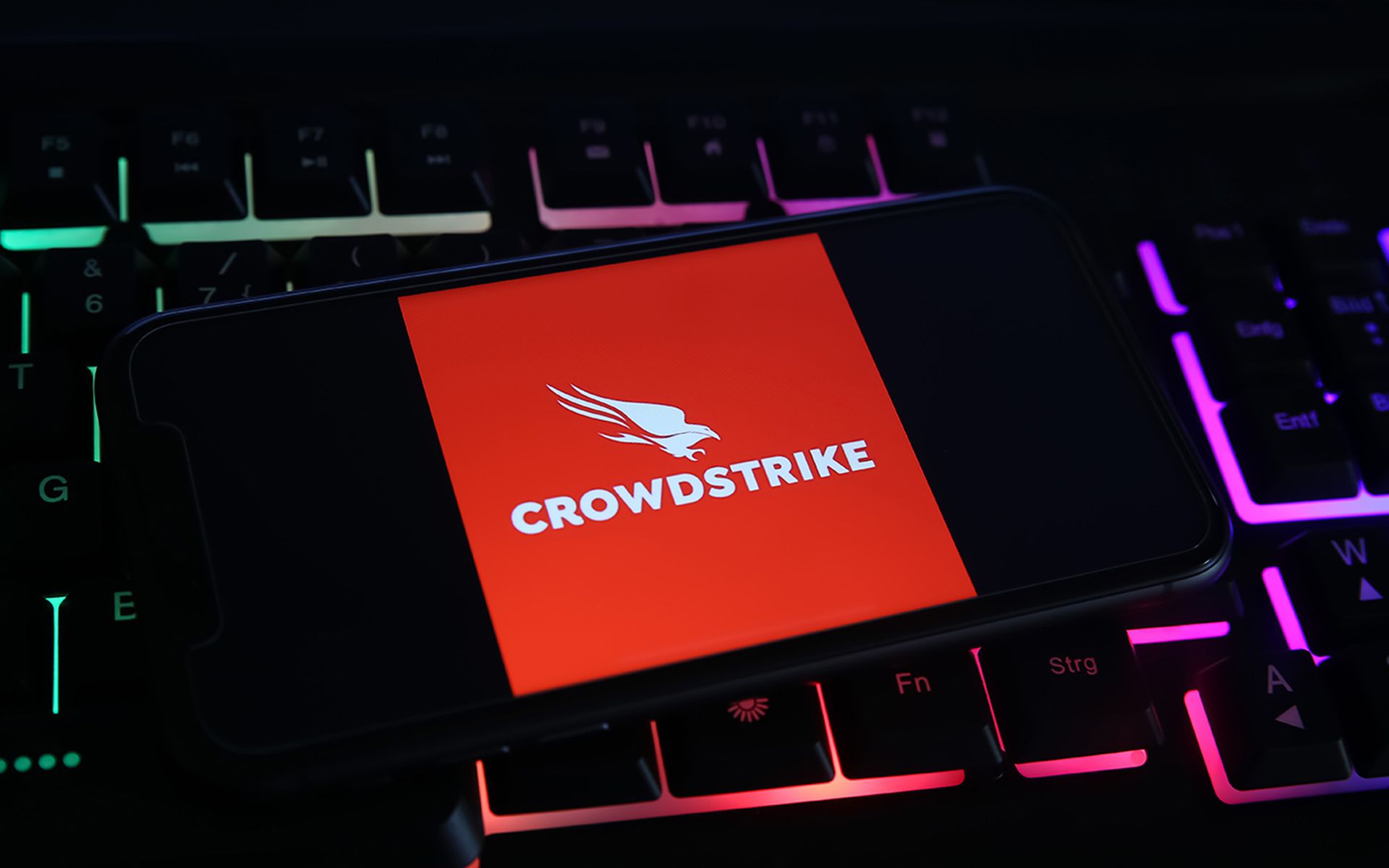Guest blog courtesy of SOCRadar and written by Aymete Dilek, Senior Technical Alliance Manager at SOCRadar.
Scaling an MSSP isn’t just about bigger numbers; it’s about smarter strategies, impactful relationships, and meaningful outcomes. Here are 12 battle-tested strategies to help MSSPs not only grow but thrive in business. Each strategy comes with clear objectives and realistic outcomes that you can achieve.
1. Adopt a Flexible Consumption-Based Model
Traditional pricing models often restrict growth due to rigid contracts and limited scalability. Instead, MSSPs should consider adopting a consumption-based model, which provides flexibility to customers and aligns pricing with actual usage. This approach not only allows MSSPs to attract more customers but also enables them to scale operations based on demand without overcommitting resources. It’s a win-win for both clients and providers, fostering a partnership that can evolve and grow over time.
2. Leverage Automation to Enhance Efficiency
Automation is essential for scaling MSSP operations. By automating routine tasks—such as alert handling, reporting, and threat intelligence gathering—MSSPs can increase their capacity without significantly increasing costs. Leveraging advanced tools like Security Orchestration, Automation, and Response (SOAR) solutions allows MSSPs to streamline workflows, minimize human error, and enhance service delivery.
3. Focus on Strategic Partnerships
Strategic alliances are key to scaling effectively. Collaborate with technology vendors, threat intelligence providers, and cybersecurity consultants to deliver comprehensive solutions. These partnerships enable MSSPs to expand service offerings without the need for extensive internal development, helping build a more robust service portfolio that caters to a wide range of customer needs. Additionally, creating joint offerings can open new revenue streams while improving brand credibility.
4. Invest in Sales Enablement for Your Team
An often overlooked but critical aspect of scaling is equipping your sales team with the tools and knowledge needed to sell complex cybersecurity solutions. MSSPs should focus on sales enablement programs that provide in-depth training, real-time support, and easy access to sales materials. A well-trained sales team is more capable of closing deals quickly and efficiently, driving growth in a competitive market.
5. Build Scalable Managed Detection and Response (MDR) Services
Managed Detection and Response (MDR) services have become a must-have for MSSPs looking to scale. By investing in scalable MDR solutions, MSSPs can offer proactive threat hunting, detection, and response services that are both in demand and critical to enterprise clients. These services can be packaged in different tiers, catering to various customer segments, ensuring both scalability and profitability.
6. Enhance Lead Generation Through Threat Intelligence
One of the most effective ways to generate qualified leads is through Threat Intelligence (TI). By offering threat intelligence reports to prospective clients, MSSPs can demonstrate their value and expertise in identifying potential risks. These insights can be customized to target specific industries, making the lead-generation process more relevant and compelling. Additionally, using threat intelligence tools to identify vulnerabilities and cyber threats faced by potential clients provides a strong basis for outreach, helping MSSPs engage with prospects on a problem-solving level.
7. Maximize Revenue Through Cross-Selling
Cross-selling is a powerful strategy for scaling your MSSP business. It involves offering complementary services to existing clients, thereby increasing the overall value of each customer relationship. For instance, if a client is already using Managed Detection and Response (MDR) services, MSSPs can offer related services like dark web monitoring, vulnerability management, or compliance support. Cross-selling not only boosts revenue but also strengthens client relationships, increasing retention rates and enhancing trust in your brand.
8. Emphasize Customer-Centric Bundling
Scaling isn’t just about acquiring new customers; it’s also about increasing the value provided to existing clients. Bundling services to offer a comprehensive security package tailored to specific industries or client needs can increase upsell and cross-sell opportunities. Consider creating bundles that offer added value, such as compliance management, incident response services, or dark web monitoring, to ensure clients receive extensive protection.
9. Expand into New Markets with Regional Focus
Geographic expansion is a natural step in scaling. However, it’s crucial to adapt strategies based on local market demands. Collaborating with regional channel partners and focusing on local compliance and regulatory needs can provide the competitive edge needed for a successful market entry. Understanding and aligning with regional nuances helps MSSPs deliver more relevant services and build trust quickly in new markets.
10. Create a Partner-Driven Growth Strategy
MSSPs can significantly accelerate growth by developing a strong partner-driven ecosystem. Strategic partnerships with MSSP's first technology providers that emphasize collaboration, lead-sharing, and co-marketing initiatives can help scale faster. Establishing a partner advisory board to gather feedback and drive strategic alignment further strengthens these partnerships, helping the business remain adaptable and responsive to market shifts.
11. Measure Success with Key Performance Indicators (KPIs)
As you scale, measuring performance becomes even more critical. Key performance indicators (KPIs) should be defined to track areas like service delivery efficiency, customer satisfaction, response times, upsell rates, and cross-sell ratios. Regularly assessing these metrics allows MSSPs to identify areas for improvement and ensure scalability aligns with business goals.
12. Create a Strong Cybersecurity Brand
Finally, as MSPs expand their reach, creating a strong brand identity becomes essential. Invest in marketing campaigns, thought leadership content, and customer success stories to establish your MSSP as a trusted advisor in the cybersecurity landscape. A strong brand not only attracts new customers but also retains existing ones by reinforcing trust and reliability.




